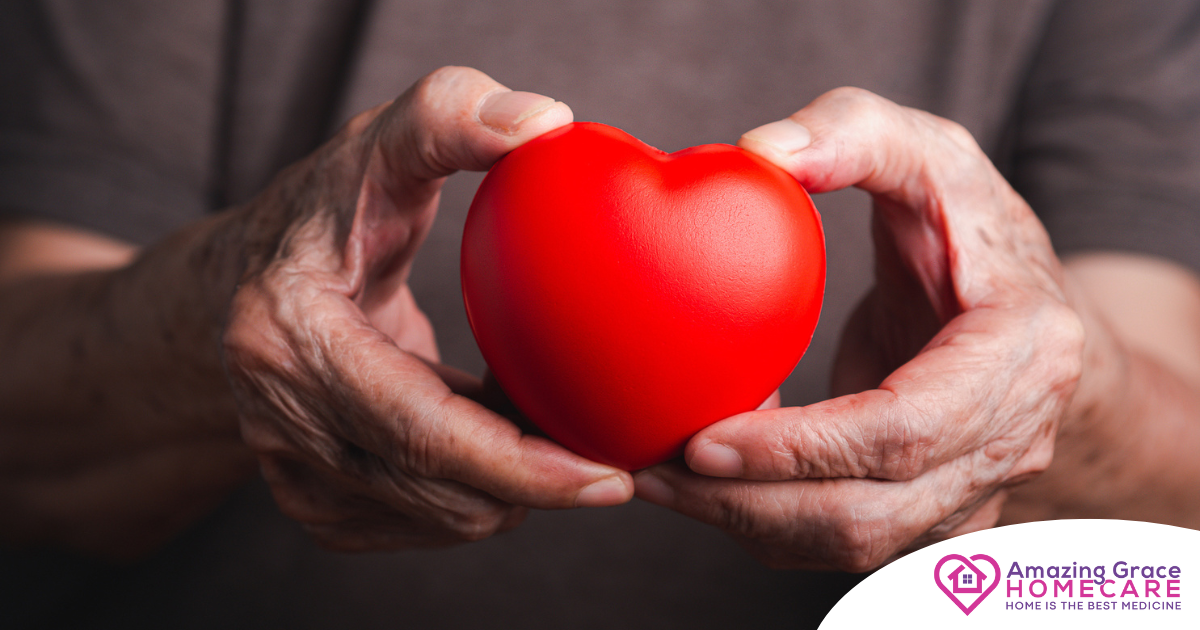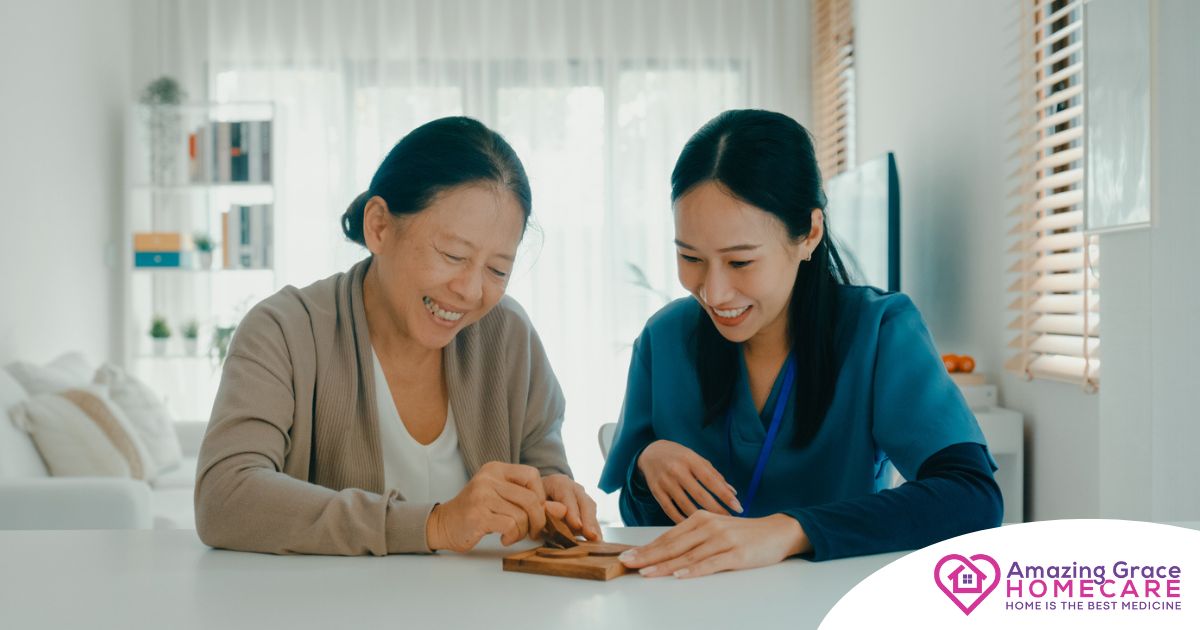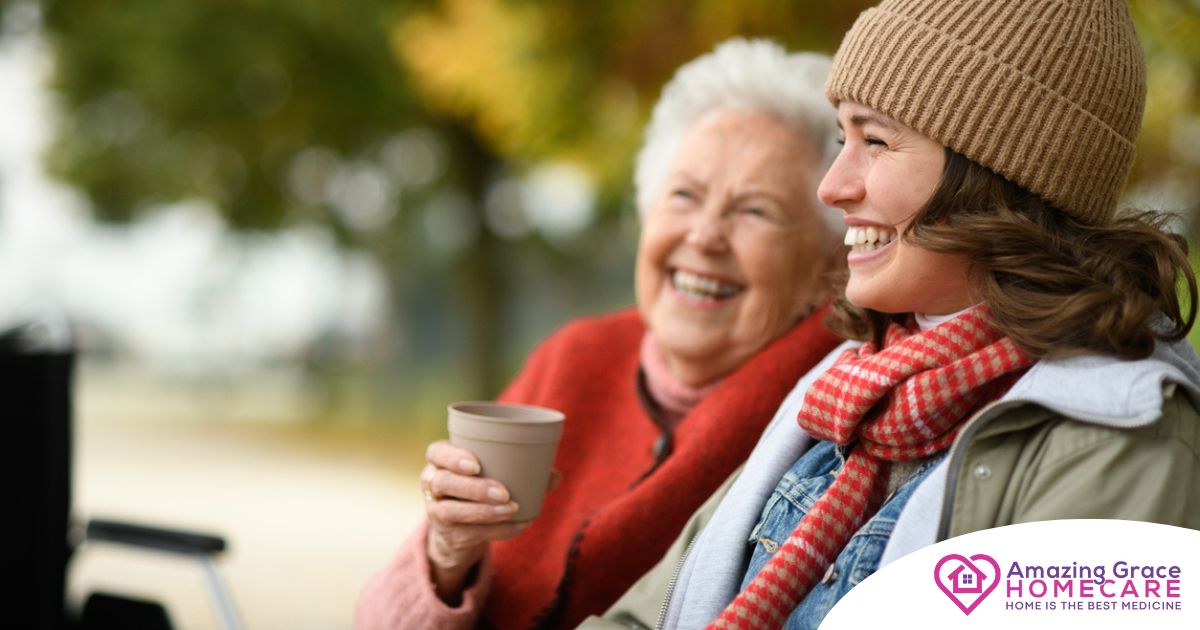Winter Storm Preparedness: Elderly Home Care Tips for Safe Aging at Home
Learn essential winter storm preparedness and elderly home care tips to help your loved one age safely at home during cold weather emergencies.
In Home Care Strategies That Reduce Heart Disease Risk for Aging Adults
Discover how in home care supports heart health for aging adults. Learn practical caregiver tips to recognize symptoms, encourage healthy habits, and provide compassionate daily support that reduces heart disease risk
Delivering Elder Care at Home for Dementia Clients: Caregiver Techniques That Work
Discover tools and techniques for providing elder care at home for clients with dementia, written for skilled and professional caregivers.
Senior Help at Home: Simple Daily Habits to Keep Seniors Safe From Scammers
Learn simple daily habits that help protect seniors from scams at home, plus how senior help at home adds safety and peace of mind.
The Sandwich Generation’s Survival Guide: Balancing Kids, Careers, and Caring for Seniors
A compassionate guide for family caregivers balancing kids, careers, and caring for seniors.
What to Expect During A Day of Private Duty Care
Learn what a day of Private Duty Care looks like, from routines to companionship and safety. Explore this helpful guide for new and experienced caregivers!
Supporting Chronic Conditions in Home Health Care and Beyond
Explore essential skills for supporting chronic conditions in home health care and learn how developing them can strengthen your caregiving career.
How Home Care Assistance Technology Supports Seniors
Experience the future of compassionate home care assistance - empowering seniors to live independently with cutting-edge technology that ensures safety, simplifies caregiving, and brings peace of mind to your family.








